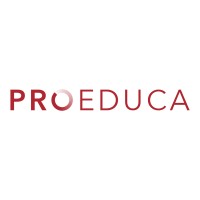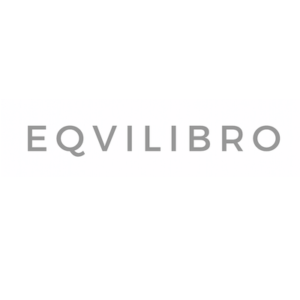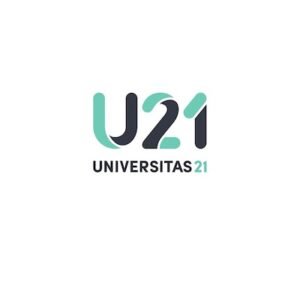Universidad 2025 #Research Article

UNIVERSIDAD 2025
TEc de monterrey
Michael J.L. Fung,
Executive Director of the Institute for the Future of Education
Pioneering Innovation in Education
Founded 81 years ago, Tecnológico de Monterrey has been dedicated to innovating educational experiences that leverage technology. In 1964, the university pioneered broadcasting classes on closed-circuit television, and in 1987, it added satellite networks as a solution for communication between its campuses. In 1988, the institution made history by establishing the first Internet connection in Mexico, linking Tec with the School of Medicine at the University of Texas at San Antonio, marking a significant milestone in its innovation journey.
This led to the launch of a distance education project in 1989. Eight years later, the university created a Virtual University, expanding to new markets and sectors by eliminating the constraints of in-person learning. Through digital experiences, it reached underserved communities with Community Learning Centers (Centros Comunitarios de Aprendizaje, CCA in Spanish) and Prepanet, a fully online high school.
Innovative Use of Technology
Although conditions were relatively unfavorable for widespread technology use in the 1980s, the integration of new pedagogical models and a consolidated e-learning strategy facilitated broader geographic reach through the effective deployment of technological resources in education. This significantly increased the number of learners utilizing Digital Education. Over the years, the University has focused on continually improving its educational model to keep pace with the changing environment.
Today, Digital Education is intentionally, systematically, and consciously embedded throughout the curriculum, incorporating digital courses that add value by developing skills through adaptive learning, ChatGPT for critical thinking, virtual simulators for various disciplines, and digital literacy training.
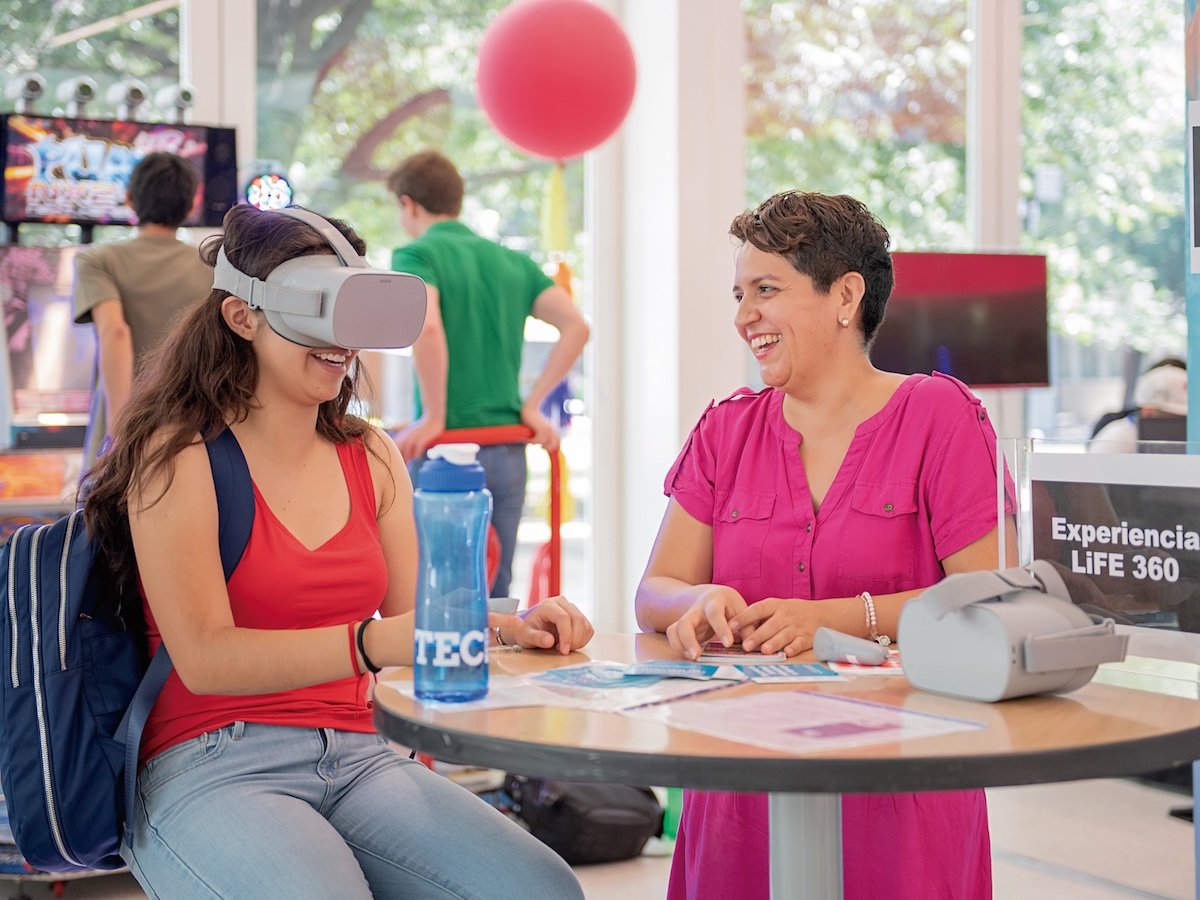
Over 45% of the courses offered at Tecnológico de Monterrey across various levels have corresponding digital versions. Digital Education is extended to more than 86,000 undergraduate students, 20,000 postgraduate students, and 2,500 high school students. Additionally, 24% of faculty teach courses in digital formats. This sustained focus led to the creation of its own definition and guidelines in Digital Education to adapt and respond to students’ evolving needs and contexts.
For the Institution, Digital Education is regarded as an educational ecosystem that enables enriching learning experiences, supported by innovative pedagogies and digital resources. It empowers students to decide when, where, and how to study, while incorporating cutting-edge teaching strategies and technology, and fostering interactions with learners and faculty across various campuses, both nationally and internationally.
Through a consistent track record of delivering high-quality multi-modal education to students, Tecnológico de Monterrey has been recognized and accredited by two authoritative bodies: the Mexican Federation of Private Institutions of Higher Education (FIMPES in Spanish) in Mexico since 1982, which oversees private universities, and the Southern Association of Colleges and Schools Commission on Colleges (SACSCOC) in the United States since 1950. This means that graduates receive degrees that are recognized in both Mexico and the U.S.
The increased adoption of the Internet and the use of online platforms starting in the early 2000s transformed Tec’s offerings, leading to more flexible and convenient learning modes. The Institution established a Virtual University in 1996, shifting from a satellite-based instructional model to a fully online course portfolio. It began with distance master’s programs, followed by a suite of undergraduate degrees. One component of this initiative was the development of the tec.com.mx domain in 2000, marking the beginning of programs delivered entirely online and synchronously, breaking spatial and temporal boundaries, and aimed at supporting online education for postgraduate and continuing education markets.

This led to testing new models and pedagogies for this modality, as well as the use of platforms deployed within the institution, such as Blackboard and Webtec. In this context, an entity focused on expanding the online undergraduate offerings was launched, which eventually evolved into a subsidiary, TecMilenio University. The experience gained from these courses, alongside the experimentation with new technologies and instructional strategies, helped to drive ongoing renewal and innovation within its programs.
This also prompted the formation of a Center for Innovation in Technology and Education (Innov@TE in Spanish) in 2007, to develop and transfer educational technology within and beyond Tec, aiming to address the educational and digital gaps across Latin America. Innov@TE formalized activities to develop innovations, which were then implemented across the Institution through the Virtual University’s programs. It also facilitated the launch of the first mobile courses, with audio, video, interactive, and podcast-based resources that provide flexibility to learn anytime and anywhere through a cell phone. This further enabled remote laboratories, which are a collection of stations for hands-on practice in areas like automation, electrical circuits, and electronic circuits. These stations, located across different campuses, can be accessed remotely by students.
Since its creation and until 2013, the Virtual University served a total of 48,509 students in its high school, undergraduate, and graduate programs, supported 143,251 participants in continuing education, and 31,114 individuals in education for development, resulting in a total of 222,874 learners benefiting from distance education at the institution. It also received top accreditation for several master’s programs from the Interinstitutional Committees for the Evaluation of Higher Education (CIEES in Spanish) in the distance education category, and five programs were included in the CONACYT National Graduate Registry (PNPC in Spanish). This helped Tec to gain national and international recognition as a digital and distance education leader.

In the same year, the institution began implementing Massive Open Online Courses (MOOCs) and later formed partnerships with EdX and Coursera to connect people with educational opportunities that they might not otherwise have access to.
In 2018, Tecnológico de Monterrey was recognized for developing and testing a telepresence initiative with a hologram effect, delivering a class to 160 students across five campuses through a teacher’s holographic projection. This allowed real-time life-like remote interaction between the instructor and students. In 2022, it expanded beyond borders, establishing the first intercontinental class using this technology between Tec and Delft University of Technology (TU Delft). The implementation of these courses positioned Tec as the first university worldwide to use telepresence with a hologram effect to deliver formal classes, which have reached over 1,300 students.
At the same time, in 2021, the Tec Virtual Campus was developed, creating a 3D environment that allows interaction among the university community while generating a sense of presence, thereby humanizing interpersonal relationships at the click of a button. Each user customizes their avatar to socialize, simulate physical presence, and move freely through the digital campus. This platform provides opportunities for both academic and student experiences, even including a life and career center.
Not only students but also professors need guidance and constant technological updates to adapt effectively. The university’s Center for Teacher Development and Educational Innovation (CEDDIE in Spanish) equips educators with methodological and technological tools to experiment with and adopt educational trends. This allows faculty to refresh their teaching methods and enhance students’ learning experiences.
As of last year, educational innovation has led to a 40% increase in projects under national institutional initiatives, with 446 innovative projects and Digital Education endeavors completed in various formats.
Since 2023, Tecnológico de Monterrey has also been developing tools to optimize teaching and learning processes through intelligent advisors and improved student assessment models. Subsequently, the institution became the first university in Mexico and Latin America to privately implement its own generative AI by launching the TECgpt Portal. This allows the academic community to benefit from the technology’s functionalities to assist with administrative tasks, information, chats, and even research, all in a secure manner.
One of the main reasons for offering a digital learning mode is the direct benefits for students. Guided by the institutional vision, these strategies enhance learning, complement in-person experiences, increase flexibility and personalization, strengthen ties with industry, promote international experiences, and develop disciplinary and transversal skills.
INNOVATIVE EDUCATIONAL MODEL
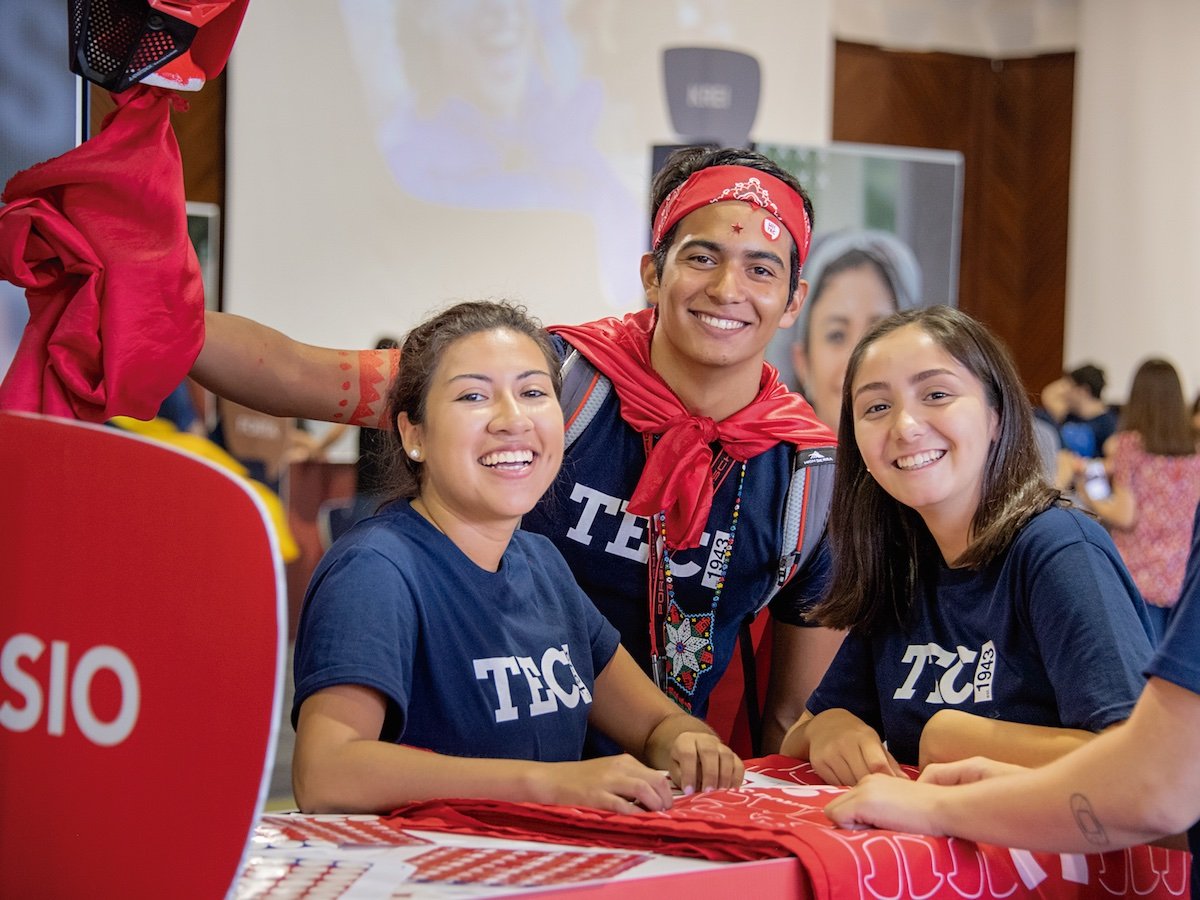
In 2019, Tec implemented its new competency-based and challenge-based educational model, the Tec21 Educational Model, designed to address current and future challenges. Students are exposed to real-world issues and tackle at least 30 increasingly complex challenges by the time they graduate, designed to develop a range of proficiencies relevant to real-world needs.
The Tec21 model offers flexibility, allowing students to make decisions about their educational journey. Unlike a rigid curriculum, students can create their own learning pathways, with options for face-to-face, online, or hybrid learning, enabling a customized learning experience.
The university values staying relevant to society’s and the economy’s evolving needs. It achieves this through efforts such as those mentioned earlier, as well as projects like “Socios Formadores,” where public and private organizations help prepare students for future challenges in Mexico and the world. These partnerships present academic challenges, guided by professors, and link students to real-world practice.
Learning analytics has been utilized to evaluate teaching and learning pathways, to enable effective customized and personalized learning for students. Technology has been well-integrated into the ecosystem to gather data for various purposes, an intentional strategy undertaken from the beginning.
Therefore, institutions and companies must work together continuously to prepare graduates for modern problems. Collaboration between academia and industry is vital to bridging the gap between classroom learning and real-world challenges, helping students acquire capabilities beyond traditional models.
INNOVATIVE OUTREACH TO LEARNING COMMUNITIES
Given the rapidly changing demands for skills in industries and society, the concept of “education” must be redefined to encompass workforce development and Lifelong Learning (LLL) opportunities. A robust lifelong education system requires collaboration among governments, businesses, and educational institutions. Universities, in particular, must urgently adapt their programs to meet evolving technological advancements and employability needs.
In light of evolving times involving technology, automation, and big data, Lifelong Learning remains crucial. Continuous education is essential, requiring offerings that support uninterrupted learning. Encouraging LLL involves promoting alternative learning pathways and credentials that complement, rather than replace, traditional degrees. These pathways are vital for equipping the workforce with the skills needed for the future. As it is difficult to imagine education without technology integration, educational innovation must be embraced as an ongoing process.
For instance, the initiative “Skills Engine” project developed by the Institute for the Future of Education and its Living Lab & Data Hub at Tec, identifies competencies needed to bridge the skills gap. It analyzes current curricula and compares them with market demands, updating a skills taxonomy and anticipating emerging technologies like generative AI.
While access to learning opportunities expands, the efforts continue, including new ventures from its sister university, TecMilenio. TecMilenio focuses on well-being and happiness through a customizable platform that acknowledges lifelong learning abilities. In addition to formal education programs, it offers open education through its “Centro de Desarrollo de Competencias” (CDC in Spanish), a digital space where the university collaborates with companies to produce courses in various formats, offering learners bespoken advice, training, and mentoring.
The Vice Rectory for Continuing Education at Tec is responsible for managing the personalized Lifelong Learning ecosystem, which contributes to human flourishing. It integrates training content (courses, diplomas, and certifications) with career opportunities and aims to serve over 170,000 learners by the end of the year. Additionally, it has conceived new value-creation models through innovation methodologies, data, and emerging technological tools; leveraging a high-impact, on-demand, andragogical digital learning model.
One of its Lifelong Learning endeavors is consolidating its Digital Continuing Education programs under The Learning Gate, an innovative, high-impact learning ecosystem with a flexible, on-demand model. The platform features more than 400 competencies and sub-competencies, organized into 11 distinct learning paths covering various subjects. Additionally, industry-recognized badges have been introduced, with 55% of the courses designed for companies offered in digital formats and 94,451 students enrolling virtually.
An example of enhancing learning accessibility is the “Líderes del Mañana” program, which supports students from underserved communities, enabling them to give back and contribute to the advancement of their communities upon graduation. The project provides full financial support to promising students who might otherwise be unable to attend Tec. Graduates from any program or initiative at this university are equipped with a spirit of innovation, awareness of their environment, and the drive to transform and improve their reality.
In addition, El Camino is a transformative project focused on fostering institutional collaboration and leveraging technology to advance a more inclusive and accessible educational future. Its purpose is to bridge educational gaps through Artificial Intelligence, offering high-quality content to underserved communities through AI tutors: “Carla” for students and “Mateo” for educators. By merging human creativity with technological advances, the program provides hundreds of students and numerous teachers with cutting-edge educational tools in Community Centers across San Bernabé, Santa Fe, La Alianza, Monte Kristal, and La Alianza Real, as well as three CONALEP campuses.
The evolving landscape of technology and industry calls for a renewed vision of education, focusing on the integration of Lifelong Learning and workforce development. Initiatives like those mentioned above not only address present demands but also support individuals and communities to thrive in an increasingly dynamic future. This comprehensive vision of education reinforces its pivotal role in driving personal growth and societal progress.
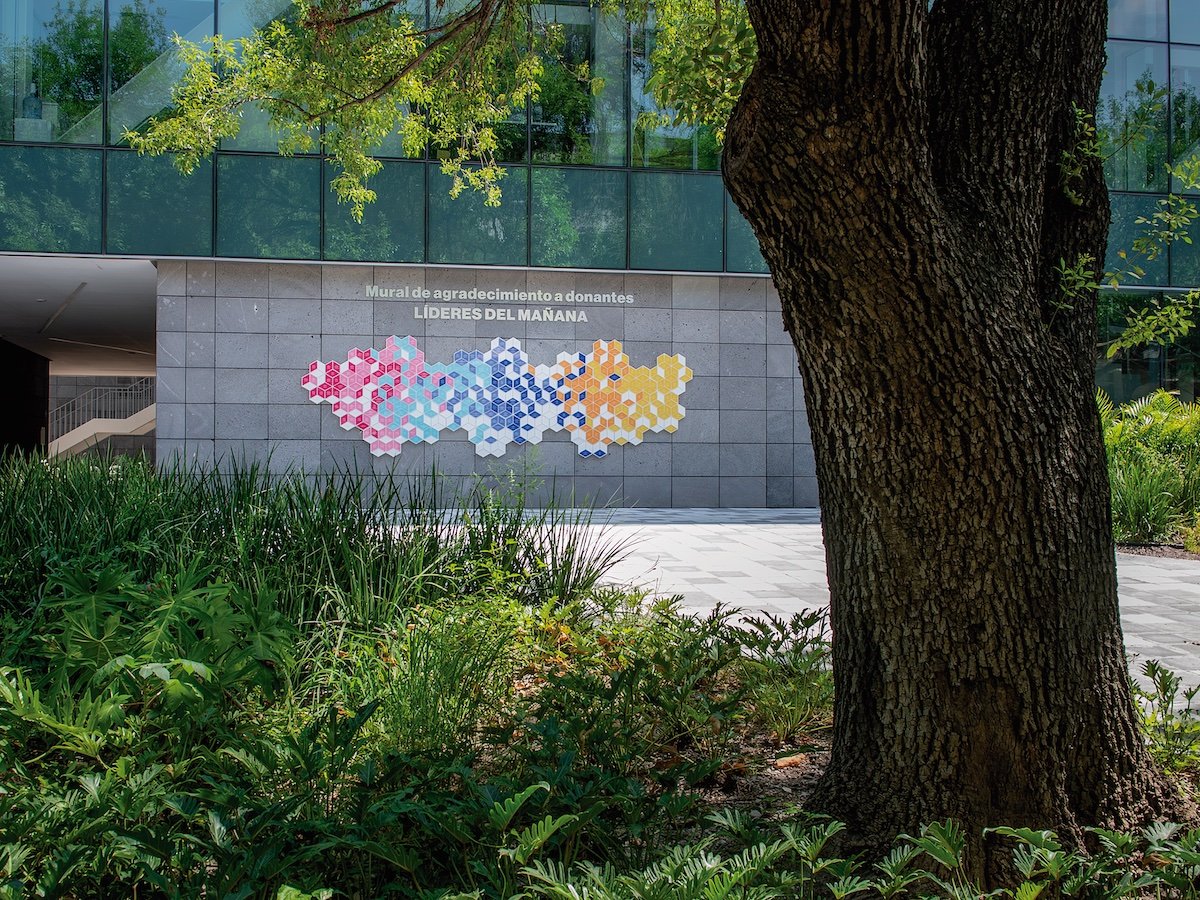
ENVISIONING THE FUTURE OF EDUCATION
The innovative and appropriate use of technological and pedagogical approaches results in strong learning outcomes. Technological evolution, adaptation to changing student profiles, and contributions from educators have shaped the institution’s successful strategies.
To further extend the impact of the educational innovation efforts at Tec, the Institute for the Future of Education (IFE) was established in 2020 to co-create the educational frontier through collaboration with academics, professionals, policymakers, and leaders. Its goal is to develop, disseminate, and apply educational innovation based on interdisciplinary research to improve higher education and lifelong learning around the world.
IFE provides an open collaborative platform, with various initiatives targeted at addressing major educational challenges. Its work is guided by the FAIR educational framework—Fit for purpose, Adaptive, Inclusive, and Relevant—designed to transform education.
FAIR serves as a reference for designing effective learning strategies, tailored to the specific goals and contexts of students, teachers, and institutions. It emphasizes flexible learning modes, such as modular curriculum design with multiple pathways, providing quality education opportunities, especially to underserved communities. The framework also focuses on anticipating and responding to the changing needs of industries and society.
One of IFE’s initiatives, “Novus,” aims to strengthen the culture of educational innovation among the university’s faculty, supporting their professional development through funding and evidence-based impact measurement. It helps scale and internationalize successful projects via peer-reviewed publications, conferences, and global skills development.
Conclusion
Tecnológico de Monterrey’s journey exemplifies how a forward-thinking institution can harness innovation and technology to redefine education. By adapting to societal needs and leveraging advancements in pedagogy and digital tools, it has built a robust ecosystem that fosters Lifelong Learning, global collaboration, and community empowerment. As the university looks to the future, it renews its commitment to addressing emerging challenges as opportunities. The institution, through this unwavering dedication, not only focuses on preparing its graduates to meet future demands but also ensures its legacy as a transformative force in education worldwide.
Author: Michael J.L. Fung,
Executive Director of the Institute for the Future of Education at Tecnológico de Monterrey
With the contribution of: Nohemí Vilchis,
EdTech Specialist at Observatory of the Institute for the Future of Education

This article is available in Spanish via Nueva Revista. Please click HERE.
Universidad 2025 is a publication by:
Nueva Revista
Nueva Revista is a Spanish publication dedicated to analyzing contemporary society, focusing on culture, humanities, science, art, and politics. It offers in-depth analysis and expert perspectives on topics such as higher education innovation, technological advancements, social change, and public policy. Featuring contributions from renowned academics, writers, and thought leaders, the magazine fosters critical dialogue and intellectual debate, making it a key reference for those interested in the intersection of knowledge, society, and progress.
If you’d like to read this year’s edition of University 2025 in Spanish, please click below:

In collaboration with Proeduca
PROEDUCA’s objective is to provide the best online higher education to its students and it achieves this through educational commitments at three universities: The International University of La Rioja, the Online University of Mexico (UNIR Mexico), and CUNIMAD. It also offers studies located in Peru, at the Newman Postgraduate School, and in the United States, where it has a presence through MIU City University Miami.
